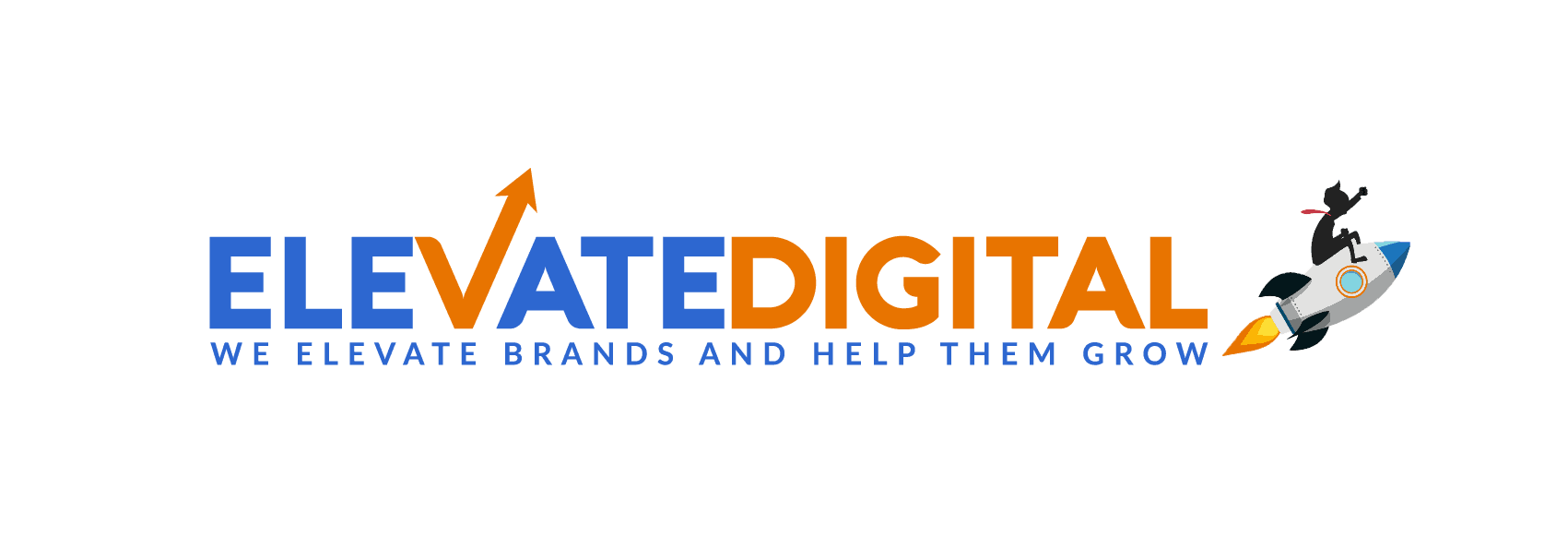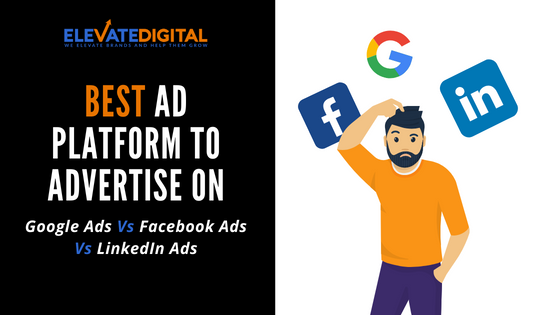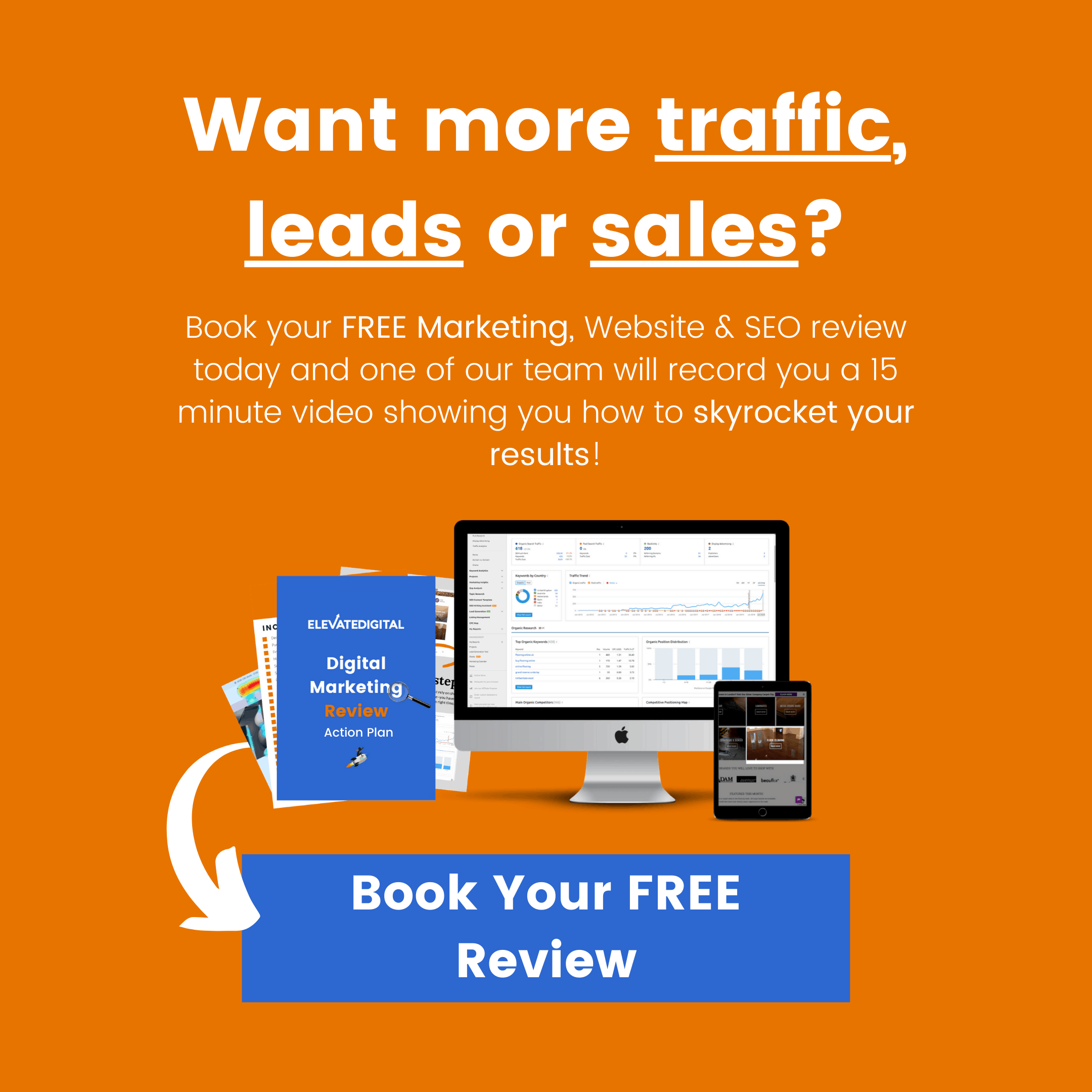As a business owner, you know that advertising is essential to bringing in new customers and keeping your business afloat.
But with so many options on the market, it can be hard to know where to spend your advertising budget. …
Google Ads, Facebook Ads, and LinkedIn Ads are all popular choices, but which one is the best for your business in 2024? By taking a closer look at the advantages and disadvantages of each platform, you can make an informed decision about which one is right for you.
If you’re more of a visual learner, you can check out Tom’s video on this topic below below:
Google Ads Vs Facebook Ads Vs LinkedIn Ads
When it comes to online advertising, there are three major platforms that businesses typically turn to: Google Ads, Facebook Ads, and LinkedIn Ads. Each platform has its own strengths and weaknesses, and the best platform for your business will depend on your specific goals and target audience.
Google Ads is a great platform for businesses that want to target potential customers who are actively searching for their product or service. The keyword targeting feature allows businesses to ensure that their ads are only being shown to people who are interested in what they have to offer. However, the cost per click on Google Ads can be higher than on other platforms, so it might not be the best option for businesses with a limited budget.
Facebook Ads is a good choice for businesses that want to target a specific demographic. It offers a variety of targeting options that allow businesses to narrowly focus their ads. However, Facebook Ads can be less effective for business-to-business companies.
LinkedIn Ads is geared specifically towards business-to-business companies. It offers access to a large professional network, making it an ideal choice for businesses that want to generate leads or build their brand awareness. However, LinkedIn Ads can be more expensive than other platforms, making them less suitable for small businesses with limited budgets.
Benefits Of Google Ads
The biggest benefit to using Google Ads is that you are only targeting people who are actively searching for your services. The main differentiator for google ads which makes it different from any other ad platform out there is that you can target based on keywords which makes it very effective to find the right people at the right time.
For example, if you have an accountancy service, your page would be visible to people who are specifically looking for an accountant in their area. This happens by keyword targeting- if done correctly. By using keywords such as “best accountancy services” or “accountancy services near me”, you can actually show ads to people who’re interested in your service. By using Google Ads, you are significantly increasing the chances that your target market will see your page and use your services.
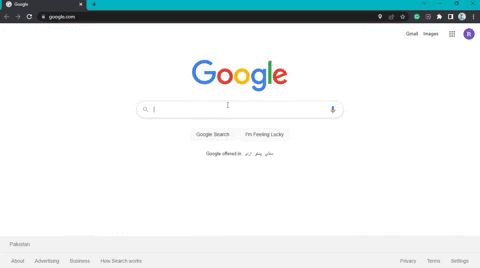
Want To Skyrocket Your Conversion Rate?
Book your FREE website and marketing review today and we’ll record you a 15-minute personalised video showing you how to increase your traffic, leads AND sales.
Another benefit of Google Ads is that you can track how well your ads are performing and make changes accordingly. This allows you to constantly improve your campaigns and ensure that you are getting the most bang for your buck. Additionally, Google Ads provides a variety of features that allow you to customize your campaigns to reach your specific goals. For example, if you want to increase brand awareness, you can use Google’s Display Network to show your ads on websites that relate to your industry.
Overall, there are many reasons why businesses should consider Google Ads for their marketing needs. From increased visibility to better tracking and customization options, Google Ads can help businesses achieve their marketing goals.
Disadvantages Of Google Ads
Google Ads can be a great way to reach potential customers, but there are some disadvantages to consider before diving in. One downside is that the cost per click can be higher than other ad platforms. This is because Google is such a popular website and businesses are willing to pay more to reach their target audience. Additionally, the Google Ads platform can be quite competitive. There are often many businesses bidding on the same keywords, which can drive up prices.
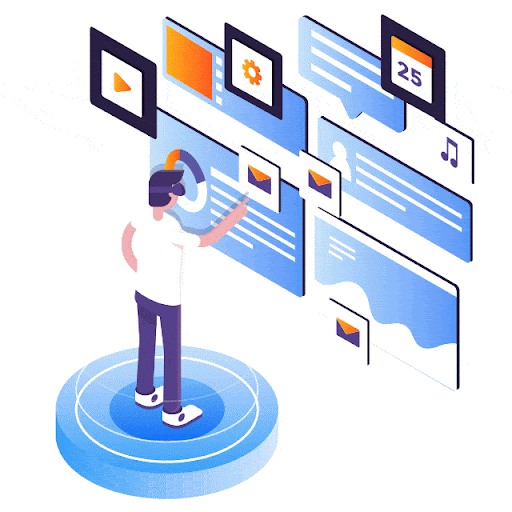
When it comes to generating clicks on your ads, the high cost per click on Google can limit the amount of traffic that you can drive to your website. For businesses with a small budget, this can be a major problem.
Finally, Google Ads requires targeted keyword marketing. This means that you need to spend time researching which keywords will be most effective in reaching your target customer. You also need to think about the intent behind certain keywords.
For example, someone who searches “accounting” is not necessarily looking for an accounts manager for their business, which is why it’s important to incorporate those long-tail keywords in your ads that indicate that somebody actually has an intent to make a purchase.
Overall, Google Ads can be a great tool for reaching potential customers, but it is important to understand the potential downsides before getting started.
Benefits Of Facebook Ads
Facebook Ads is a great way to market your business because it allows you to get granular in terms of the types of people you want to target. This is due to the fact that t works on interest-based targeting instead of keywords.
For example, if you’re a business that sells products for people with gluten allergies, you can target people who have expressed an interest in gluten-free products. This ensures that your ads are being seen by people who are actually interested in what you’re selling, which gives you a much better chance of making a sale.
Facebook has a number of fantastic targeting options that allow you to laser focus your adverts to people who are more likely to be interested in your product. For example, you can target people who recently got married, or people who have just moved house.
However, the quality and accuracy of this data can vary greatly. One study found that only about 27% of Facebook users had accurate information about their relationship status, and another found that 60% of users had inaccurate information about their job title.

This means that while Facebook’s targeting options are very useful, you should take them with a pinch of salt. If you want to make sure your ads are reaching the right people, it’s worth doing some extra research to corroborate what Facebook tells you.
For starters, Facebook ads tend to be very cost effective. You can target your ads specifically to people who are likely to be interested in what you’re selling, and you only pay when someone clicks on your ad. This means that you’re not wasting money on ads that no one will ever see.
Another benefit of Facebook ads is that they allow you to track your results. You can see how many people saw your ad and how many clicked on it. This information can help you to fine-tune your ad campaigns and make them even more effective.
Disadvantages Of Facebook Ads
There are a few potential disadvantages to using Facebook Ads for your business. For one, Facebook Ads are not always accurate. They may show ads for business-to-business services to someone who was once a business owner but is no longer interested in those services.
Additionally, targeting on Facebook can be inaccurate. Someone who once liked a pet page doesn’t necessarily want to see ads for pet services. Their pet may have died or they may have lost interest in pets.
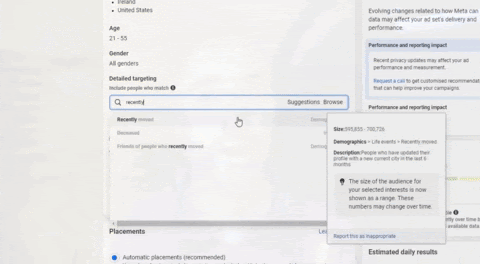
Finally, the latest iOS update restricts Facebook’s access to user data, which means that the links that users are visiting outside of Facebook may not be accurately tracked. As a result, your ads may not be as effective as you would like them to be.
Benefits Of LinkedIn Ads
There are a few key reasons why LinkedIn Ads can be more effective for your business than other types of online advertising. For one thing, LinkedIn users are generally more active and have more up-to-date profiles than other social media platforms.
This means that your ads are more likely to reach your target audience. Additionally, LinkedIn is a professional network, so users are usually open to receiving information about products and services that can help them in their careers.
Generally speaking, the targeting on LinkedIn is more accurate than that of other social media platforms. The main reason for this is that LinkedIn users generally have a clear idea of what they want to achieve through the site. For example, a user might be looking for a new job, or to network with people in their industry.
As a result, they are much more likely to provide accurate information about themselves, such as their current job title and location. This accuracy makes it easier for LinkedIn algorithms to deliver relevant content and ads.
In contrast, on other platforms like Facebook and Instagram, users are often just scrolling through their newsfeeds without any particular goal in mind. As a result, they are less likely to engage with targeted content and ads. In short, the more focused nature of LinkedIn means that it is generally better at delivering targeted content to its users.
Disadvantages Of LinkedIn Ads
LinkedIn Ads can be pricey. CPCs (cost per click) on LinkedIn are some of the highest in the industry. That’s because LinkedIn is a B2B platform, and business users are generally more expensive to reach than consumers. If you’re a small business or startup with limited resources, you may want to consider other options besides LinkedIn Ads.
However, by taking a full-funnel advertising approach on LinkedIn, and gradually passing people down each stage, you can significantly reduce the cost in order to reach someone and turn them into a buyer. For example, you can start with a Sponsored InMail campaign to reach your target audience with a personalized message.

From there, you can retarget those who responded to your InMail with a Sponsored Content campaign. And finally, you can use Conversion Tracking to measure the ROI of your LinkedIn Ads campaigns and optimize accordingly. By taking this approach, you can get the most out of LinkedIn Ads without breaking the bank.
How To Choose The Right Advertising Platform For Your Business?
There are a lot of factors to consider when choosing an advertising platform for your business. Internal resources, target audience, budget, and goals are all important factors that should be taken into account. Here is a closer look at each of these factors:
1) Internal Resources: How much time and money do you have to invest in creating and managing your ads? If you don’t have a lot of internal resources, then you’ll want to choose a platform that is relatively easy to use and doesn’t require a lot of maintenance. For example, Facebook Ads can be a great option if you don’t have a lot of time or money to spend on advertising. However, if you’re willing to invest more in your ads, then Google AdWords may be a better choice.
2) Target audience: Where is your target audience most likely to be found? If you’re trying to reach working moms, for example, LinkedIn might be a better bet than Facebook. Conversely, if you’re trying to reach teenage girls, Facebook would probably be a better choice.
3) Your budget: How much money are you willing to spend on advertising? If you’re working with a limited budget, you might want to focus on cheaper platforms like Facebook or Google. However, if money is no object, LinkedIn could be a good option since it tends to be more expensive than other platforms.
4) Goals: What are you hoping to achieve with your advertising campaign? If your goal is simply to increase brand awareness, then a platform like Facebook may be a good choice. However, if you’re looking to generate leads or sales, then Google AdWords will likely be more effective. Keep your goals in mind when choosing an ad platform.
Alternative Advertising Platforms
There are a number of alternative advertising platforms to the big three of Google, Facebook, and LinkedIn.
Bing (now known as Microsoft Ads) is the closest alternative to Google in offering keyword search. However, it has a slightly older demographic.
TikTok is another great up and coming platform for ecommerce brands, but again, this requires input from somebody who really “gets it” in order for it to be effective. If you’ve got a team of savvy Gen Z marketers, this could be a great option!
Another alternative platform is native advertising. Native advertising is a form of advertising that blends in with the surrounding content. For example, a business might place an ad on a popular blog that is relevant to its product or service. Top performing niche blogs can often have upwards of 100,000 monthly visitors.
Another great thing about blogs, is they tend to have very engaged, fanatical audiences.
For example let’s say you sell RC cars – advertising on a RC racing club website could be a great opportunity to reach an extremely passionate audience, where it’s most relevant!
Some blogs will also offer email sponsorship, meaning they can email their list (which could potentially contain hundreds of thousands of loyal subscribers) promoting your product.
This can be an effective way to reach potential customers who are already interested in the topic at hand.

Finally, another alternative advertising platform is influencer marketing. This involves working with social media influencers who have a large following on platforms such as Twitter or Instagram. Influencers can help to promote your product or service to their followers, and this can be an effective way to reach a wider audience.
Conclusion
So, which is the best platform for your business? The answer to that question may not be as straightforward as you think. It depends on a variety of factors, including the size and nature of your business, what you’re selling, and your target audience.
- 10 Highly Effective B2C Marketing Ideas & Strategies - April 10, 2023
- How To Create A Legendary Marketing Team In 2022 - October 10, 2022
- Which Ad Platform Is Best In 2024 - May 17, 2022
